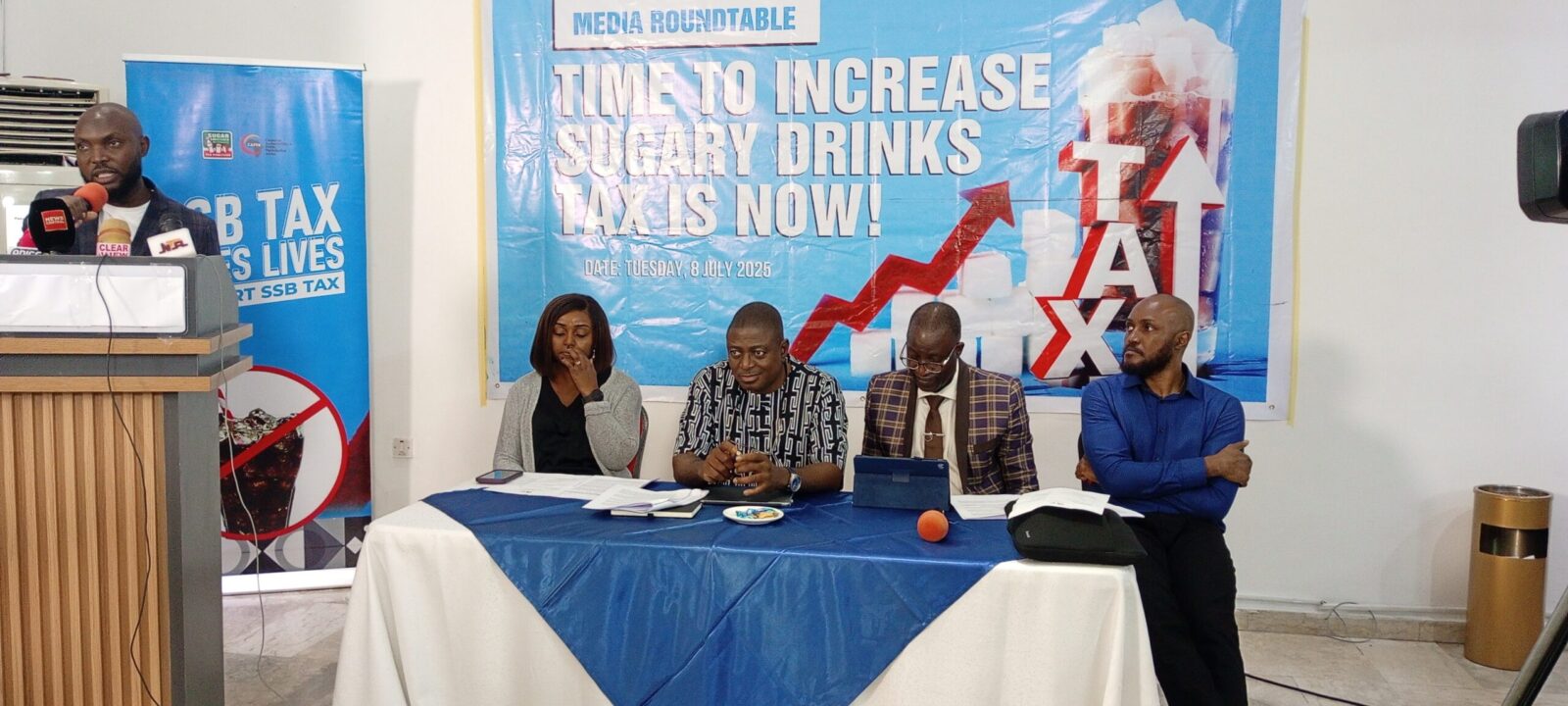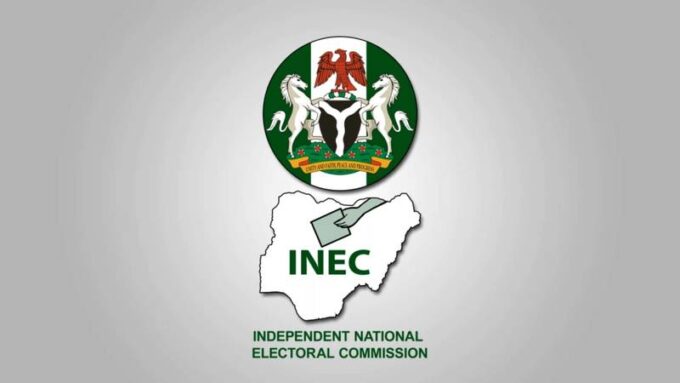From Idu Jude, Abuja
The Federal government of Nigeria, is said to be losing over N200 billion annually due to poor implementation of its Sugar-Sweetened Beverage (SSB) tax, the Corporate Accountability and Public Participation Africa (CAPPA) has said, warning of the growing public health and economic toll of non-communicable diseases (NCDs) driven by unhealthy diets.
At a media roundtable in Abuja on Tuesday, the Executive Director Cooperate Accountability and public participation (CAPPA) Akinbode Oluwafemi stated that the unrealised revenue could fund essential public services, including the Basic Healthcare Provision Fund, the National Health Insurance Authority, and school feeding programmes.
“This is a public health crisis. Sugar-sweetened beverages are killing us slowly. Our hospitals are overwhelmed, and our streets are turning into graveyards,” Mr Oluwafemi said.
Meanwhile, CAPPA has reminded President Bola Ahmed Tinubu, of his 2023 campaign promise to increase tax on Sugar-sweetend Beverages (SSBs) as a measure of reducing sugar intakes among Nigerians.
The reminder was made on Tuesday in Abuja during a media round table organized by Corporate Accountability and public participation (CAPPA) in collaboration with media partners to drive home zero tolerance to junk foods and Sugar-sweetend Beverages SSBs intakes.
In an address, Akinbode Oluwafemi, Executive Director CAPPA highlighted that President Bola Ahmed Tinubu, in his “Renewed Hope 2023 action plan for a Better Nigeria” promised to deploy consumption taxes to “deter behaviour that undermines individual and community health.” He noted that the President has a clear opportunity to strengthen the SSB tax and ensure its transparent implementation as part of his duty to protect the health and future of all Nigerians having been voted into office.
Akinbode, explained that at ₦10 per litre, the current SSB tax rate amounts to just 1 percent of the average retail price, which is at least ₦1,000 per litre of sugary drinks sold in the country. This is too minimal to influence consumer behaviour.
He said, according to global best practices and the World Health Organisation (WHO), effective health taxes should lead to at least a 25 percent increase in the retail price of sugary drinks.
“Just last week, the WHO advised Nigeria and other member countries to raise the prices of alcohol and tobacco by 50 percent through taxation over the next 10 years to help curb rising NCDs.
Similarly, Bloomberg’s Taskforce on Fiscal Policy for Health, which includes Nigeria’s Minister of Health and Social Welfare, Professor Muhammad Ali Pate, also recommends a 50 percent price increase to reduce consumption and prevent NCDs.
“Beyond health concerns, Nigeria is missing out on valuable revenue. A stronger and better-structured SSB tax has the potential to generate over ₦200 billion each year. These funds could directly support Nigeria’s goal of increased healthcare financing, including the basic healthcare provision fund, the national health insurance authority, and school feeding programmes helping to build a healthier and more equitable society”.
He said that other countries have shown what is possible when governments take bold action. These includes South Africa, Mexico, and the United Kingdom have all raised their SSB taxes significantly. In each case, according to him, consumption declined while jobs and revenue were protected stressing that Nigeria must follow suit as the moment to act is now.
“We urge the Nigerian government to increase the SSB tax so that it raises the final retail price of sugary drinks by 20 or 30 percent — or ideally 50 percent, in line with WHO recommendations. “Specifically, we are calling on the Nigerian government to increase the SSB tax from ₦10 per litre to at least ₦130 per litre. This will reduce consumption and push manufacturers to reformulate their products.
Earmark revenue for healthcare, none communicable diseases (NCD) prevention, nutrition education, basic health services in underserved communities, and school feeding programmes.
“Government should also mandate transparent front-of-pack labelling on all food and beverage products so Nigerians know what they consume.
“This will require annual public reporting by the Federal Inland Revenue Service, (FIRS) Nigeria Customs Service, and the Ministries of Finance and Health to ensure accountability”.
Akinbode, further advocates that the FG should as a matter of urgency establish a strong firewall against industry interference as the policies must serve the people, not corporate profits. Invest resources in food security and agroecology.
He further, advised that proper implementation of SSBs Tax will also support the cultivation of real and nutritious food. “we can strengthen local food systems, improve public health, and reduce the dangerous dependence of Nigerians on ultra-processed products.
“A more robust SSB tax will reduce the consumption of sugar-laden drinks, lower the incidence of preventable illnesses, and improve national health outcomes”, he said.
Also speaking in a lead paper presentation, Professor Olukunmi Lanre Olaitan senior lecturer University of Ilorin department public health promotion and nutrition education said that the current tax on SSBs is low compared to the inherent danger it potends to the general health of the citizens. He said that the food and beverages society of Nigeria has developed and recommended it organic foods to substitute sugar-sweetened foods.
“We have done much to grow locally made delicacies for Nigerians to reduce the sugar effects in our foods but it is now left for a proper implementation of policies and media to carry the massage across to the general public”.
Mrs Joy Amafah-Isaac In-Country Coordinator, food policy programme, GHAI, narrated that campaign against increased tax on SSBs has recorded no job loss in any country as against the smear campaign rather increasing value to life and national revenue.
Other experts including Austin Iraoya Economists and researcher, Dr Joseph Ekiyo a practitioner Global health and researcher, corroborated that an increase in SSBs Tax will remain the only way for healthy feeding among Nigerians.


















Leave a comment